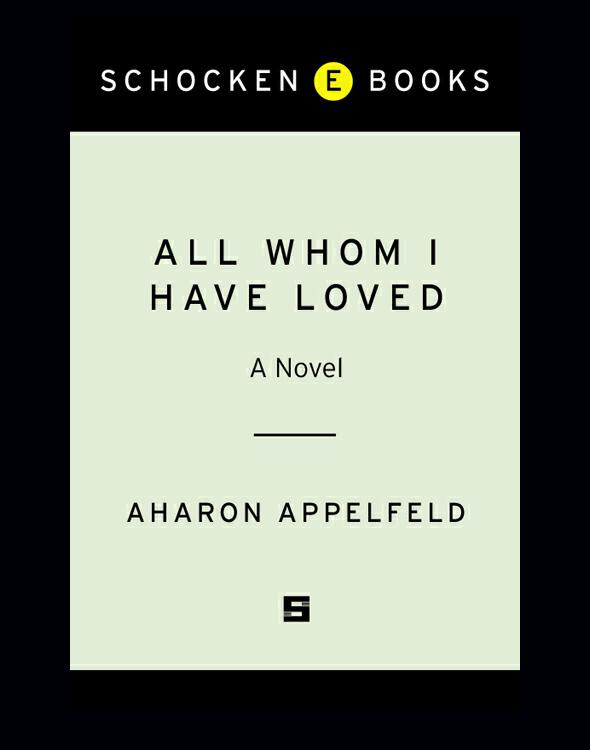
All Whom I Have Loved
A Novel
کتاب های مرتبط
- اطلاعات
- نقد و بررسی
- دیدگاه کاربران
نقد و بررسی

December 18, 2006
Israeli novelist Appelfeld (The Story of a Life
; The Iron Tracks
) sets this pre-Holocaust novel in 1938 Czernowitz, Ukraine, where narrator Paul Rosenfeld, a nine-year-old Jewish boy, watches his family and community fall apart. Paul, whose isolation is exacerbated by his exemption from school because of his asthma, watches as, in short order, his parents divorce, his adored nanny is killed by her jealous fiancé and his schoolteacher mother abandons him (first when she marries a colleague and converts to Christianity, and later when she contracts typhus and dies). Paul is left in the care of his father, a depressed, alcoholic painter who hardly speaks except to rail against the anti-Semitic art critics who have labeled his art "decadent" and thwarted his career. Paul daydreams about an idyllic country vacation he once took with his mother and finds himself drawn to the Orthodox Jews he meets. Meanwhile, strangers hurl anti-Semitic insults and World War II looms. Though Appelfeld's bewildered child narrator is a pleasure to follow, he stumbles into gratingly precious territory on occasion. For all its morbidity, the story is seductive and, ultimately, devastating.

Starred review from January 1, 2007
This haunting and mesmerizing story from internationally acclaimed Israeli writer Appelfeld is narrated by nine-year-old Paul Rosenfeld, who lives with his mother, a secular, assimilated Jew in the pre-World War II Ukrainian village of Czernowitz (where Appelfeld was born in 1932). The sights and sounds of the village are so vivid and the scenery, people, and life of the townsfolk described so viscerally that the book is truly a tribute to the all-encompassing power of Appelfeld's memory. Paul is able to discern what his schoolteacher mother is thinking and feeling and what his alcoholic father's moods will be. Early on, Paul has his mother's attention fully; they swim together and take long walks, and she makes him his favorite dishes. But then she marries the gentile Andre, and Paul has to live with his father, once a noted artist and now referred to as a decadent Jew. The foreshadowing of the Holocaust, which will engulf all of European Jewry, is evident throughout. Highly recommended.Molly Abramowitz, Silver Spring, MD
Copyright 2007 Library Journal, LLC Used with permission.

February 1, 2007
Growing up in Bucharest, Czernowitz, and various small places in Eastern Europe in the 1930s, Paul Rosenfeld, nine, cares little about his Jewish identity; in fact he despises "the bearded Jews" who pray in the synagogue next door, and local anti-Semitism barely registers. His life is focused on family turmoil after his beloved mother remarries and he must live with his gifted artist father, who veers between alcoholism and bouts of feverish work. The child's naive first-person narrative is sometimes excruciatingly detailed and slow--this would work better as a short story. But the translation from the Hebrew is eloquent, and well-known Israeli writer Appelfeld gets perfectly the way politics seems very unimportant and distant compared with the anguish of a mother dying of typhus and a father struggling for recognition. For the reader, who knows that the Holocaust will wipe out Paul's world, there is bitter irony in the drama of daily struggle.(Reprinted with permission of Booklist, copyright 2007, American Library Association.)

























دیدگاه کاربران